| Selo | Chris Thompson |
|---|---|
| Edição | 0 |
| Idioma | Inglês |
| Autores | Harding McRae |
| Acabamento | Capa Comum |
| Quantidade de Páginas | 292 |
| Origem | Literatura Estrangeira |
 TDICs e Sociologia: propostas pedago?gicas: (volume 2)
TDICs e Sociologia: propostas pedago?gicas: (volume 2)
Editora Café com Sociologia
R$ 47,90 à vista TDICs e Sociologia: propostas pedago?gicas (volume 1)
TDICs e Sociologia: propostas pedago?gicas (volume 1)
Editora Café com Sociologia
R$ 45,90 à vista Sociologia: ensino médio - Conhecendo a Sociologia (Vol.1)
Sociologia: ensino médio - Conhecendo a Sociologia (Vol.1)
Editora Café com Sociologia
R$ 70,90 à vista Gestion participative et politiques publiques
Gestion participative et politiques publiques
KS OmniScriptum Publishing
R$ 566,52 ou até 3x sem juros TV Lobotomy
TV Lobotomy
Max Milo Editions
R$ 157,43 ou até 3x sem juros Death and Burial in the Roman World
Death and Burial in the Roman World
Hopkins Fulfillment Service
R$ 295,33 ou até 3x sem juros Les Fables de la Fontaine
Les Fables de la Fontaine
Books on Demand
R$ 229,30 ou até 3x sem juros Analyzing Social Networks Using R
Analyzing Social Networks Using R
Sage Publications
R$ 415,55 ou até 3x sem juros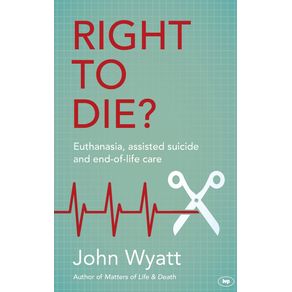 Right To Die?
Right To Die?
IVP Books
R$ 176,15 ou até 3x sem juros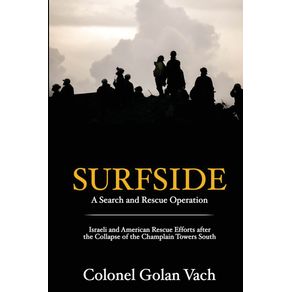 Surfside
Surfside
Indy Pub
R$ 118,01 ou até 2x sem juros Decline and Prosper!
Decline and Prosper!
Springer Nature B.V.
R$ 279,46 ou até 3x sem juros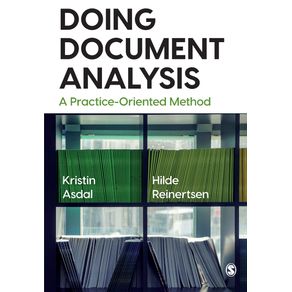 Doing Document Analysis
Doing Document Analysis
Sage Publications
R$ 388,03 ou até 3x sem juros Gay Pioneers
Gay Pioneers
Palm Drive Publishing
R$ 178,86 ou até 3x sem juros Origins of the Russian Intelligentsia
Origins of the Russian Intelligentsia
HARPERCOLLINS
R$ 146,76 ou até 2x sem juros Crises of the Republic
Crises of the Republic
HARPERCOLLINS
R$ 129,38 ou até 2x sem juros Ensaios de A a Z para mentes inquietas
Ensaios de A a Z para mentes inquietas
Ferreira Branco, Clécio
R$ 69,90 à vista A justiça mais injusta
A justiça mais injusta
Telha
R$ 52,00 à vista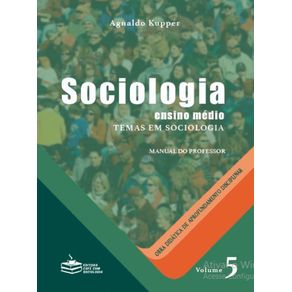 Sociologia: ensino médio - Temas de Sociologia (Vol.5)
Sociologia: ensino médio - Temas de Sociologia (Vol.5)
Editora Café com Sociologia
R$ 69,90 à vista A era da empatia
A era da empatia
Companhia das Letras
R$ 89,90 à vista Sociologia: ensino médio - Conhecendo a Sociologia (Vol.1)
Sociologia: ensino médio - Conhecendo a Sociologia (Vol.1)
Editora Café com Sociologia
R$ 70,90 à vista Realist Criminology
Realist Criminology
Springer Nature B.V.
R$ 344,44 ou até 3x sem juros Polemica in Difesa Della Scuola Criminale Positiva
Polemica in Difesa Della Scuola Criminale Positiva
Legare Street Press
R$ 240,89 ou até 3x sem juros Death and Burial in the Roman World
Death and Burial in the Roman World
Hopkins Fulfillment Service
R$ 295,33 ou até 3x sem juros TROLLRÚN
TROLLRÚN
Hadean Press Limited
R$ 182,59 ou até 3x sem juros Freemasonry Exposition
Freemasonry Exposition
Lushena Books
R$ 88,36 à vista Margaret Mahler
Margaret Mahler
McFarland and Company, Inc.
R$ 293,14 ou até 3x sem juros Gay Pioneers
Gay Pioneers
Palm Drive Publishing
R$ 178,86 ou até 3x sem juros Darwins Athletes
Darwins Athletes
HARPERCOLLINS
R$ 195,50 ou até 3x sem juros Heartiste on Game - Volume 2
Heartiste on Game - Volume 2
Lulu Press
R$ 199,96 ou até 3x sem juros Time for the world to learn more from Africa, second edition
Time for the world to learn more from Africa, second edition
Lulu Press
R$ 118,03 ou até 2x sem juros Ensaios de A a Z para mentes inquietas
Ensaios de A a Z para mentes inquietas
Ferreira Branco, Clécio
R$ 69,90 à vista A era da empatia
A era da empatia
Companhia das Letras
R$ 89,90 à vista TDICs e Sociologia: propostas pedago?gicas: (volume 2)
TDICs e Sociologia: propostas pedago?gicas: (volume 2)
Editora Café com Sociologia
R$ 47,90 à vista Sociologia: ensino médio - Poder e Política (Vol.4)
Sociologia: ensino médio - Poder e Política (Vol.4)
Editora Café com Sociologia
R$ 70,90 à vista Maçonaria de A a Z
Maçonaria de A a Z
Omnia Veritas Ltd
R$ 177,83 ou até 3x sem juros A Therapists Guide
A Therapists Guide
PATH
R$ 115,76 ou até 2x sem juros Visual Methodologies
Visual Methodologies
Sage Publications
R$ 485,02 ou até 3x sem juros TV Lobotomy
TV Lobotomy
Max Milo Editions
R$ 157,43 ou até 3x sem juros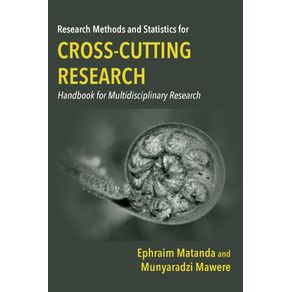 Research Methods and Statistics for Cross-Cutting Research
Research Methods and Statistics for Cross-Cutting Research
African Books Collective
R$ 363,77 ou até 3x sem juros The Positivity Workbook for Teens
The Positivity Workbook for Teens
ReadHowYouWant.com Pty Limited
R$ 161,71 ou até 3x sem juros Scotch Rite Masonry Illustrated
Scotch Rite Masonry Illustrated
Legare Street Press
R$ 196,99 ou até 3x sem juros Woman and the New Race
Woman and the New Race
Cosimo
R$ 158,15 ou até 3x sem juros Applied Statistics Using Stata
Applied Statistics Using Stata
Sage Publications
R$ 449,95 ou até 3x sem juros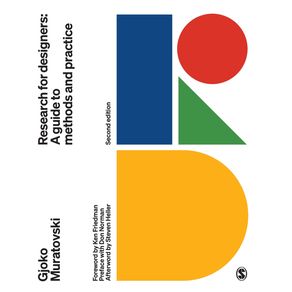 Research for Designers
Research for Designers
Sage Publications
R$ 435,68 ou até 3x sem juros Darwins Athletes
Darwins Athletes
HARPERCOLLINS
R$ 195,50 ou até 3x sem juros